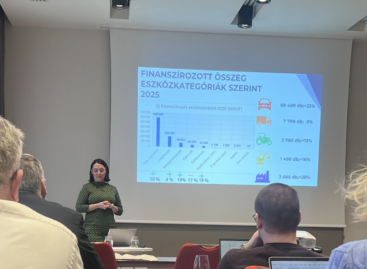Harvey Nash / KPMG CIO Survey 2020: Everything changed. Or did it?
Now in its 22nd year, the Harvey Nash / KPMG CIO Survey 2020 is the largest IT leadership survey in the world, with over 4,200 responses from CIOs and technology executives across 83 countries.
This year’s report references both pre-COVID-19 findings as well as during COVID-19 responses. Together they give us a unique insight into the before, during, and continuing aftermath of the pandemic.
There is no doubting the pandemic’s dramatic effect on almost every aspect of business and life. The pandemic exposed a growing digital divide, shifted some priorities, and amplified many of the challenges that the IT organization faced prior to COVID-19. However, fundamentals also remain, such as the top two priorities for boards: 1) improving operational efficiency; and 2) improving customer engagement – both long-standing priorities of the technology leader.
Some entered the pandemic better positioned to pivot and scale into new opportunities. In our special report IT in the New Reality (PDF 109.8 KB), we share four models of economic recovery patterns. While recovery will be unique to each sector, country, and company – common to all is the urgency to act decisively.
Key findings from the survey include:
Additional IT budget – Global IT leaders reported a median additional spend of 5 percent of IT budget to deal with the COVID-19 crisis.
Increased cyber-security threats – more than four in ten (41 percent) of organizations have experienced increased incidents mainly from spear phishing and malware attacks.
Skill shortages, even in a pandemic – for the first time in this survey’s history, cyber-security expertise has become the most in-demand skill set, especially in the cloud and data security space.
A massive surge in remote working – 86 percent of our respondents have moved their workforce to remote working, and 43% of technology leaders expect over half their staff to remain working predominantly from home.
Technology investments – almost half (47 percent) say the pandemic has permanently accelerated digital transformation and the adoption of emergent technologies.
Mental health is an issue – 84 percent of technology leaders report they are concerned about their team’s mental health, and encouragingly, 58 percent have programs put in place to support mental well-being.
Technology leaders feel more influential – over six in ten respondents agree or strongly agree that their influence has increased as a result of the pandemic. This is not reflected in board membership, however, which for CIOs is down from 71 percent in 2017 to 61 percent now.
Diverse teams promote better business performance – more than two-thirds of organizations feel that being diverse has improved trust and collaboration in the technology team.
Related news
Half of Germans Would Order More Online if Same‑Day Delivery Were Guaranteed
🎧 Hallgasd a cikket: Lejátszás Szünet Folytatás Leállítás Nyelv: Auto…
Read more >Related news
The number of Hungarian dishes has increased to one hundred with the terpertős pogácsa and Vecsés sauerkraut
🎧 Hallgasd a cikket: Lejátszás Szünet Folytatás Leállítás Nyelv: Auto…
Read more >








